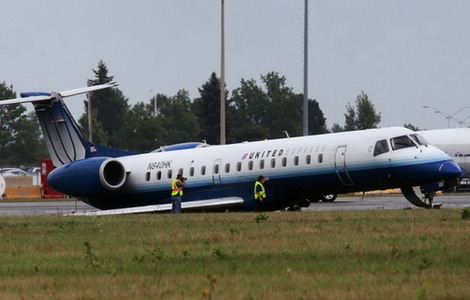Satellite TV service to cover 200m rural families
Updated: 2011-09-05 22:53
(Xinhua)
|
|||||||||||
BEIJING - Direct-broadcast satellite (DBS), a special satellite TV service, will replace wireless signals for about 200 million rural families in China by 2015.
A pilot project has progressed smoothly in Ningxia, Hebei and Inner Mongolia of north and northwest China since it started in April, said Zhang Haitao, deputy director of the State Administration of Radio, Film and Television (SARFT) in an recent interview with Xinhua.
About 200 million rural households in China mainly rely on wireless signals to receive broadcast and analog TV programs, with which they can only receive at most six channels with poor image quality.
With the DBS service, rural families can enjoy high-quality programs on more than 25 TV channels, 17 radio programs, and receive radio warnings when there are emergencies, Zhang said.
They can also make phones through a telephone linked with the DBS receiver, he said.
DBS signals are received through a set-top box from a special satellite and signals from other satellites will be excluded.
Rural families need to buy the set-top boxes, but the government will provide financial assistance, Zhang said.
The regional government of Ningxia has offered every household user a subsidy of 100 yuan ($15.68) and the figure is 120 yuan in Inner Mongolia.
Companies engaged in the program, including DBS service providers and home-appliance manufacturers, have also worked out preferential packages for rural families
"The program will help reduce the digital gap between rural and urban areas," Zhang said.
China now has 189 million families receiving cable TV service, but most are in cities.
Over the past decade, the government has been working to extend wireless radio and TV coverage to every village with electricity. So far villages with more than 20 households have been covered.
By 2015, the country expects to provide radio and TV services for each village with less than 20 households through the promotion of DBS.
In some remote villages, households are sparsely scattered in a vast area, so the DBS services will also help "extend radio and TV coverage from to every village to every household," Zhang said.
SARFT plans to cover 10 million households with DBS service this year, he said.
The service is currently not available to urban residents.
Hot Topics
Libya conflict, Gaddafi, Oil spill, Palace Museum scandal, Inflation, Japan's new PM, Trapped miners, Mooncake tax, Weekly photos, Hurricane Irene
Editor's Picks

|

|

|

|

|

|







